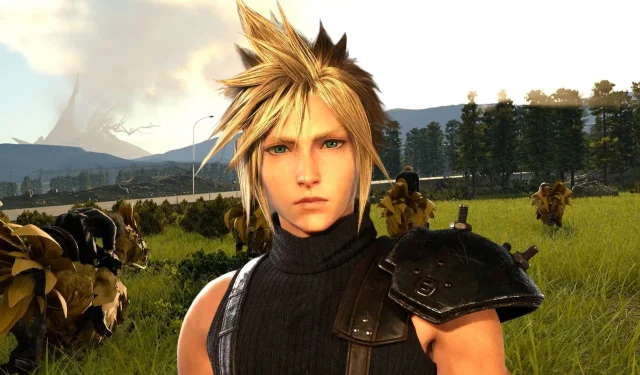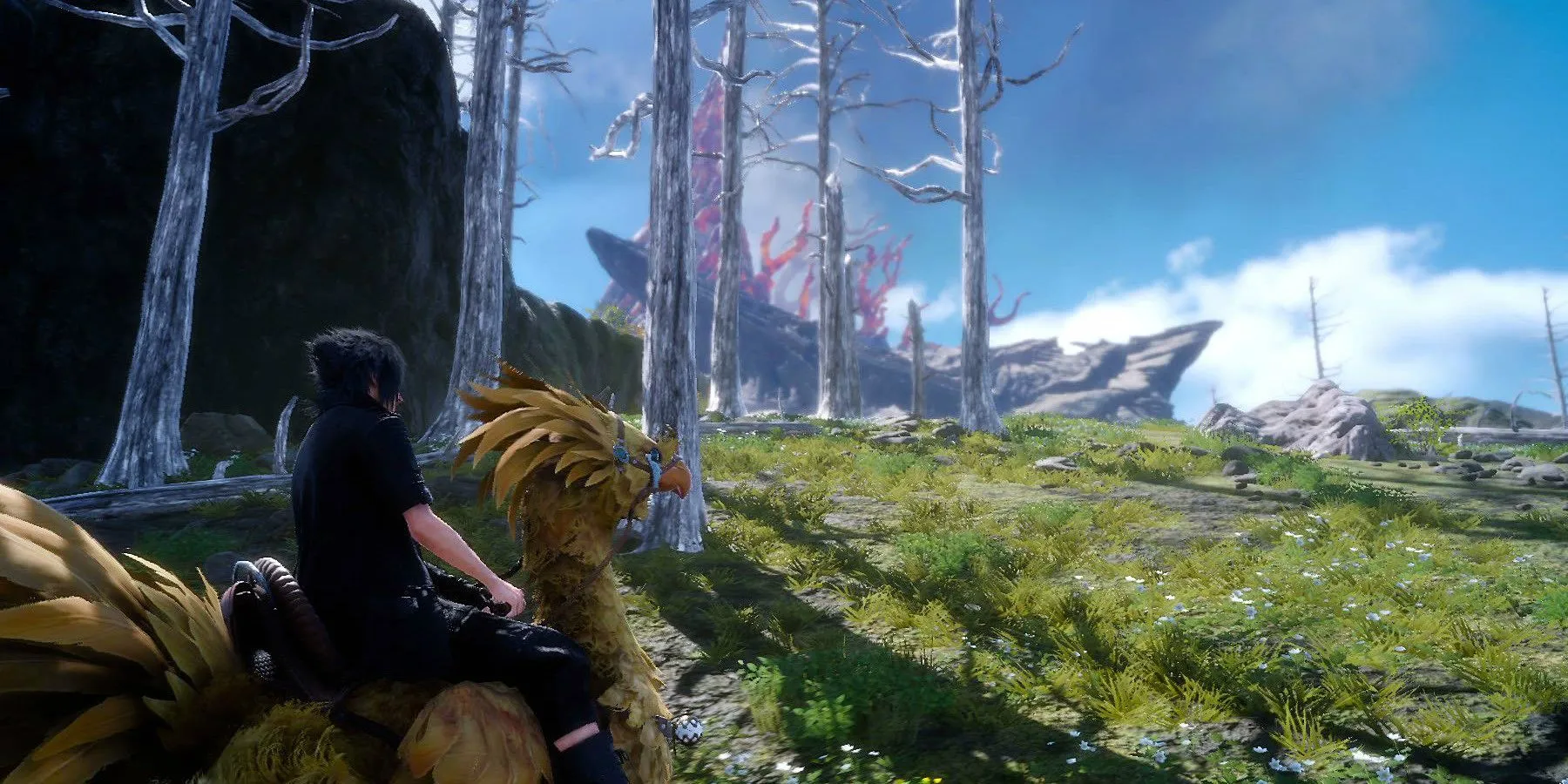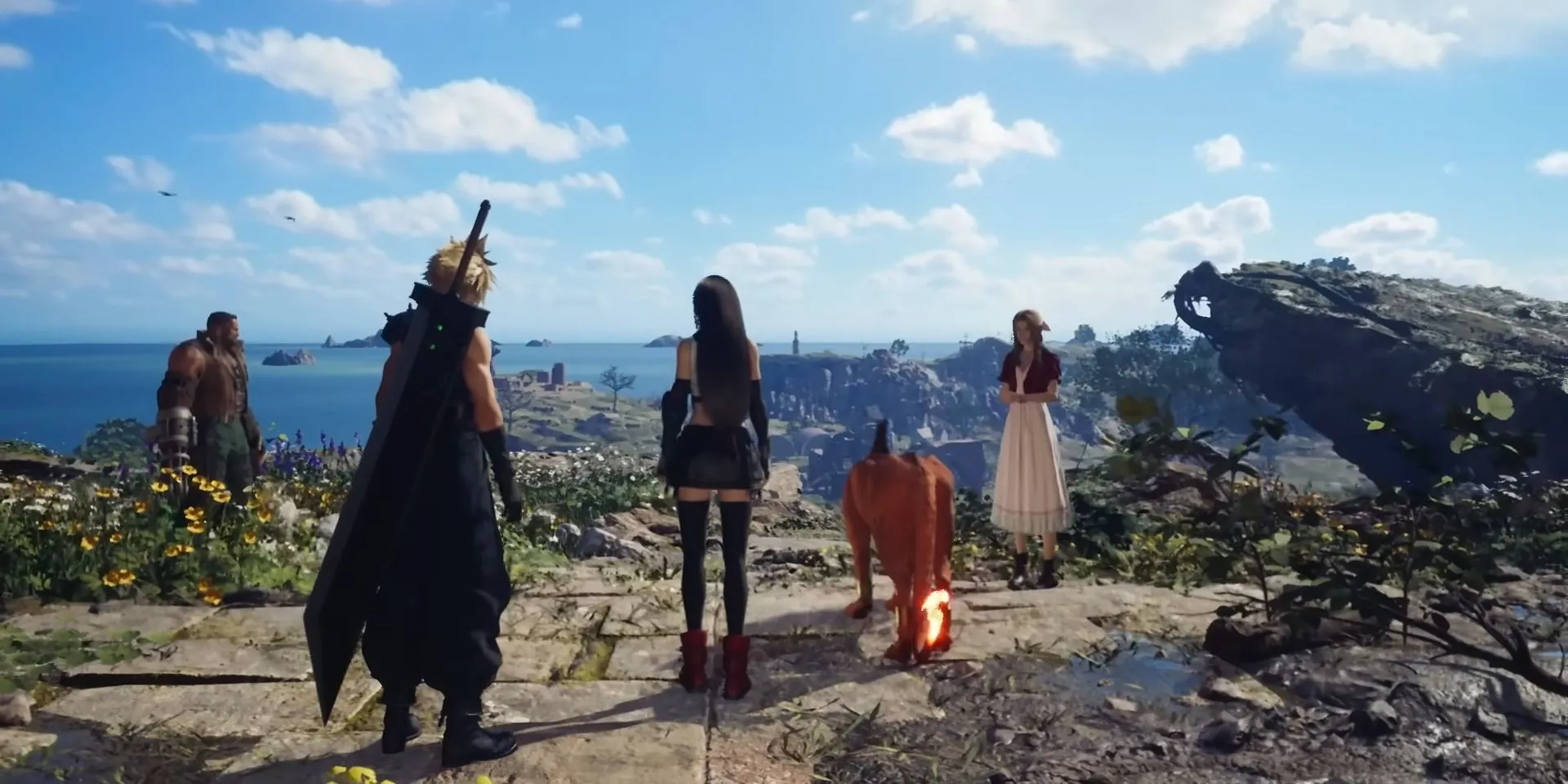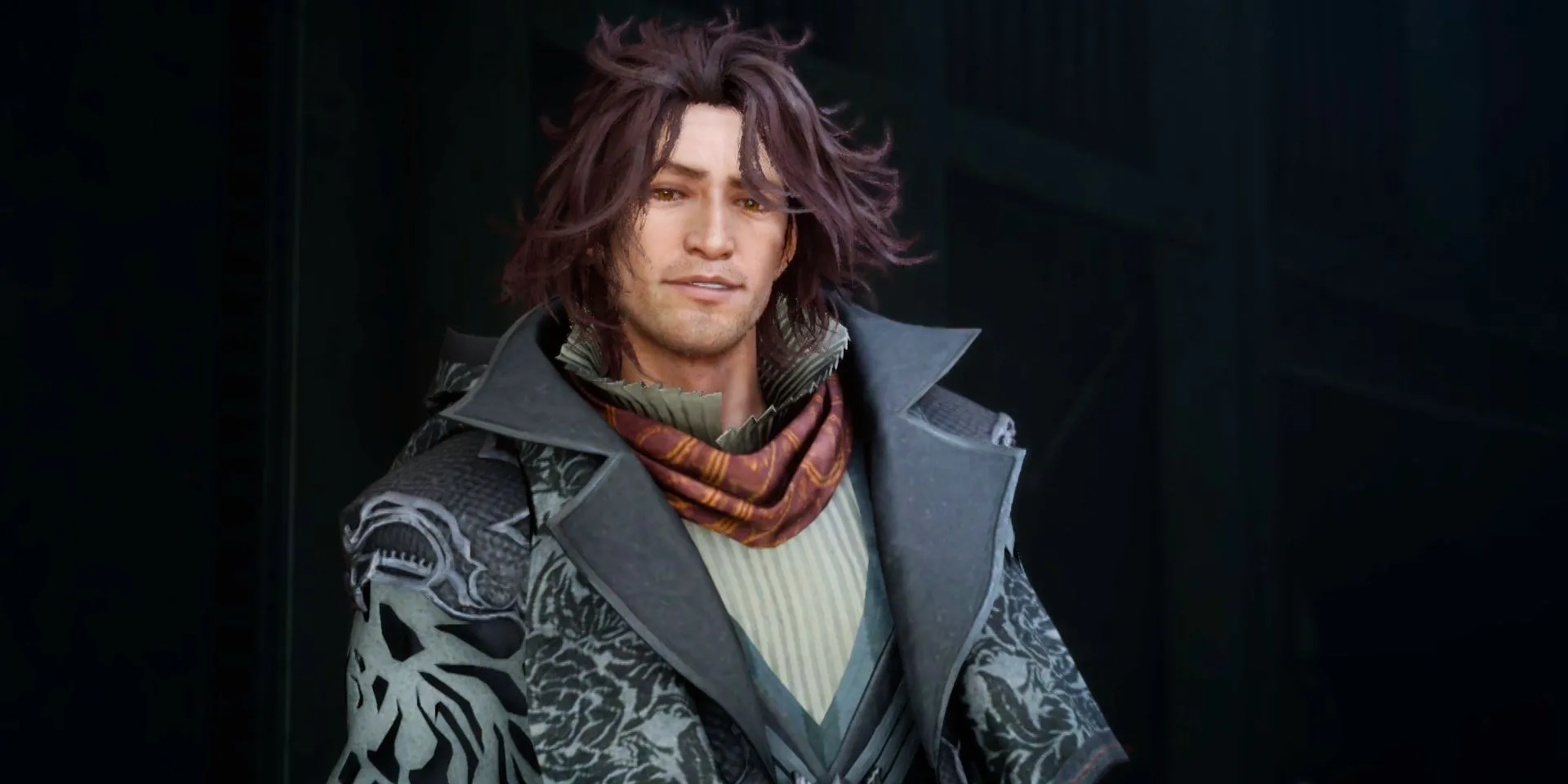
Final Fantasy 7 Rebirth appears to forgo the expansion model seen in FF7 Remake: Episode InterMISSION. While some may find this disappointing, the reality is that this particular installment might not need additional downloadable content (DLC). A well-crafted expansion for FF7 Rebirth could be a valuable enhancement, and it is certainly something the community would welcome. However, given the trilogy’s expansive nature, there is ample room to narrate the entirety of the FF7 saga without relying on supplementary content, even if InterMISSION demonstrated that extra material could enrich the experience.
Even without InterMISSION, it’s fair to say the experience stands on its own. While the DLC introduced nuanced changes to Yuffie and offered an accessible way to engage with her intricate skills, Rebirth is more than capable of presenting those challenges autonomously, albeit perhaps with less finesse. In contrast, the situation with another prominent title, Final Fantasy 15, remains troubling; years after its proposed expansions were scrapped, the void of a fully realized FF15 saga still lingers for many fans.
Final Fantasy 15: An Incomplete Experience
A Promising Journey That Missed the Mark

I did not dive into Final Fantasy 15 upon its initial release—at that time, my gaming system wasn’t compatible. By the time I engaged with it, I was already aware of its mixed reception within the franchise. Despite this, I approached the game with optimism, drawn in by its road trip theme and action-oriented combat. A disjointed narrative can still find charm, provided there are engaging elements to explore.
While I found certain aspects satisfying, I must admit that FF15 ultimately did not deliver a consistently great experience. The open-world design often felt clunky, and despite investing time in the accompanying film, Kingsglaive, the overarching story struck me as disordered and incomplete. Key emotional moments lacked the necessary context to resonate, and the narrative significance of events like the journey to Altissia left much to be desired.
Though I played the original release, I understand that the Royal Edition attempts to rectify some of these shortcomings. While I’m not certain that a climactic dungeon would significantly alter my perception, I do intend to experience the Royal Edition primarily for its character-focused episodes. DLC exploring the bonds between Noctis and his companions, Gladiolus, Prompto, and Ignis, could add depth, yet the weight of the canceled episodes still casts a shadow.
Regrettably, there’s no sequel in sight for FF15 to remedy its shortcomings.
The planned episodes for Aranea, Lunafreya, and Noctis, along with the characterized Episode Ardyn, were shelved following a change in leadership and a pivot towards developing Forspoken. The absence of Lunafreya’s chapter feels particularly regrettable, as she remained a somewhat elusive presence throughout the narrative. Although some stories were adapted into the novel Final Fantasy 15: The Dawn of the Future, this does not fully address the sense of incompleteness that pervades the game.
FF7 Rebirth: A Contrast to FF15
A Story Unfolding More Completely

I’m not advocating for further FF15 DLC; that opportunity has long since passed. Rather, the success of FF7 Rebirth prompts ongoing reflections on FF15. Despite some critiques, Rebirth, even as a middle segment, succeeds in delivering a more cohesive experience than FF15 ever could, and it doesn’t rely on a film, book, or anime miniseries to fill in the gaps.
While I would appreciate FF7 Rebirth DLC focusing on overlooked characters like Vincent Valentine and Cid Highwind, the final installment of the trilogy should adeptly address these narratives without necessitating additional expansions. In stark contrast, FF15 lacks anywhere to turn for a resolution or follow-up, especially when compared to the more divisive yet complete entries like Final Fantasy 13, which received both Final Fantasy 13-2 and Lightning Returns.
The initial concept for FF15 stemmed from Final Fantasy 13 Versus before evolving into its own franchise entry.
Even were the Royal Edition to enhance my experience, I still must come to terms with the reality that what promised to be an extraordinary journey ultimately feels disjointed and unfinished. The scrapped episodes likely wouldn’t have provided sufficient closure, and insights from the novel may dissuade my belief in their potential value. While FF15 was never destined to be a masterpiece, its unrealized potential remains a point of disappointment.
The Future of FF15 Remains Uncertain
Square Enix’s Disinterest in Revisiting FF15

While FF7 stands as the sole title to undergo a significant remake, Square Enix has engaged in minor enhancements to previous releases within the franchise. The prospect of a remastered version of FF15, potentially addressing some of its significant flaws, cannot be dismissed entirely, yet it remains a faint hope that I am hesitant to entertain fully.
Historically, the Final Fantasy series operates within a profit-driven framework that influences the company’s eagerness to revisit past projects. While monumental successes like FF7 merit ongoing expansions, titles like FF15, which fall short of acclaim, rarely get another chance to evolve. As captivating as a Vincent and Cid DLC for FF7 Rebirth might be, it’s the missed opportunities for Final Fantasy 15 that I truly lament.




Leave a Reply ▼